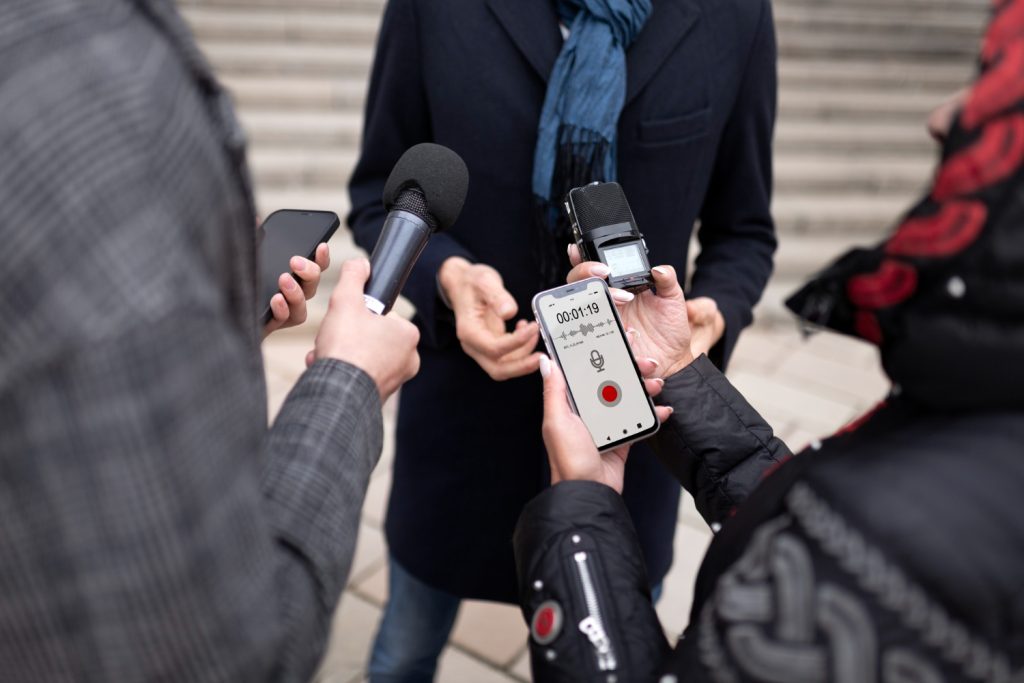
THE NEW YORK TIMES SUES MICROSOFT AND OPENAI FOR INTELLECTUAL PROPERTY INFRINGEMENT
The New York Times sued OpenAI and Microsoft on Wednesday, December 27, 2023. They are companies that created artificial intelligences such as ChatGPT and Copilot.
The American media has filed its lawsuit in Manhattan, New York. It accuses the two companies of using millions of articles from the newspaper without its authorization. The articles are copyrighted and are used by AI development companies to train their technologies.
By analyzing newspaper articles, as well as academic reports, books and specialized magazines, the AIs are trained and are then able to answer questions and structure texts that users ask them. But all the information they use for training is taken without any payment to those who went to the trouble of creating it. The companies that develop AIs, although they offer free models, have modules that are paid for. That is to say, they obtain an economic benefit thanks to the work of others without recognizing any payment for them.
In the lawsuit, filed in federal court, the New York newspaper claims that “the defendants seek to take advantage of the Times’ enormous investment in its journalism by using it to create substitute products without permission or payment”.
The newspaper has not specified an amount for the lawsuit, but it does ask that the companies be held responsible “for the billions of dollars in damages” that this improper use of its intellectual property has caused the Times.
It is also asking that AI models that use “copyrighted” information from The New York Times be destroyed.
The Times is the first major U.S. media outlet to file such a lawsuit.
In early December, news broke of an agreement reached with OpenAI by Germany’s communications giant, the Axel Springer Group. The agreement allows ChatGPT to use certain content from headers such as Politico, Business Insider, Bild or Die Welt to train its AI, in exchange for an undisclosed amount.
It also obliges ChatGPT to indicate in its summaries the authorship of the information used, as well as a link to the corresponding website.
In a joint statement, they said that “this marks an important step in both companies’ commitment to leverage AI to enhance content experiences and create new financial opportunities that support a sustainable future for journalism.”
Initially, the Times also tried to reach an agreement. In April of this year it began talks with Microsoft and OpenAI in search of a fair payment for the use of its content, but failed to reach an understanding. Now, the newspaper has resorted to legal action.
The position of the two defendant companies is that the dissemination of the Times’ content does constitute a fair and legitimate use because it pursues “a transformative purpose”. In other words, in the end, a new, supposedly different text is created. However, Timers assures that there is no new creation but a copy of its texts. He claims to have dozens of examples in which the AI practically recites texts created by the newspaper, word for word, or summarizes them. It even, he claims, imitates their style.
—-
This text is free to use. If you use it, please cite EditoRed.



